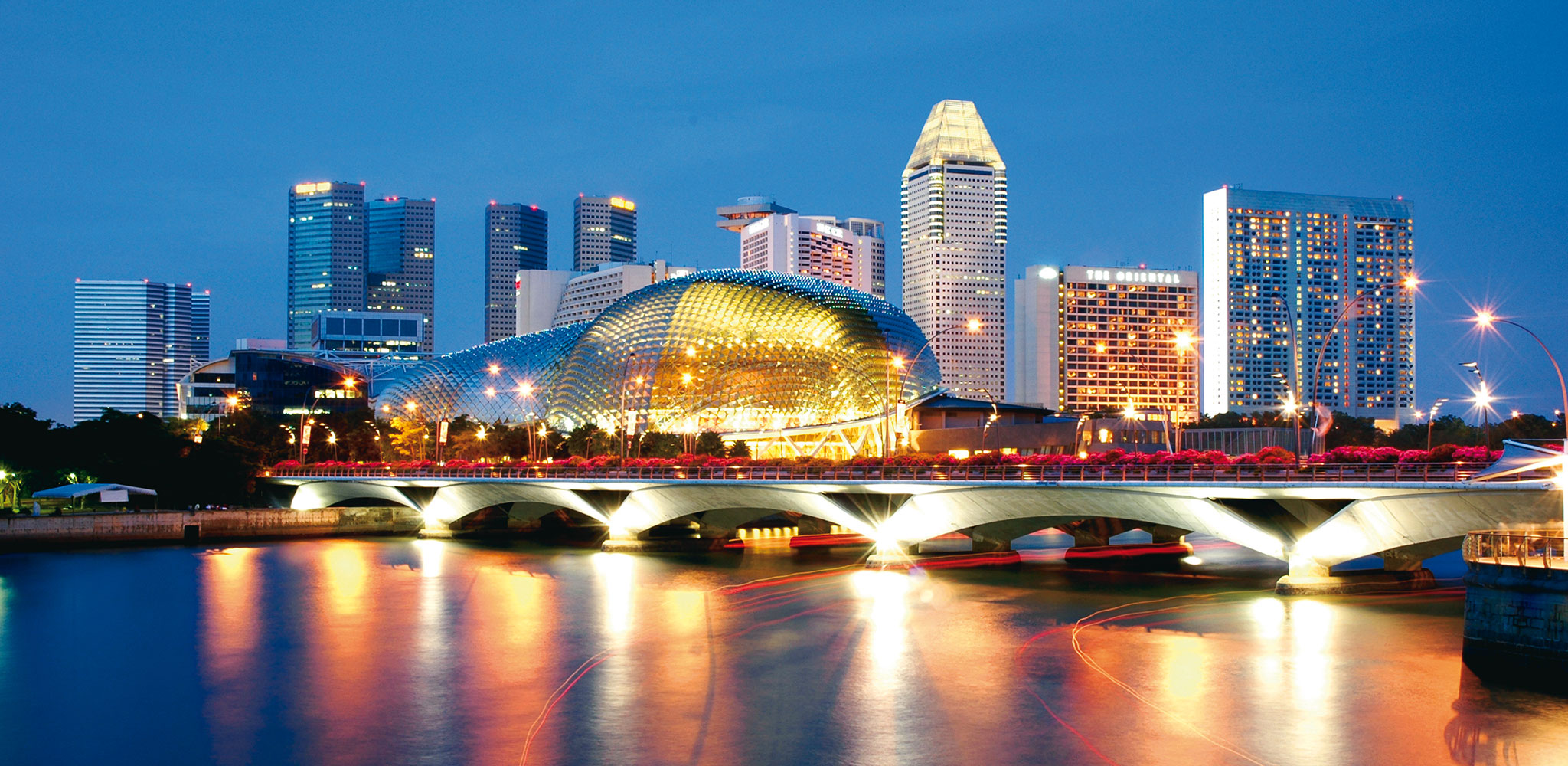Most stock markets in Asia closed in the red on Wednesday, as investors digested the latest data on China’s factory activity, while investment banking plays continued to suffer from the fallout of the Archegos fire sale.
In Japan, the Nikkei 225 was down 0.86% at 29,178.80, as the yen weakened 0.19% against the dollar to last trade at JPY 110.57.
Technology conglomerate SoftBank Group rose 1.72%, while among the benchmark’s other major components, automation specialist Fanuc was down 2.39% and fashion firm Fast Retailing was 1.12% weaker.
Banking group Mitsubishi UFJ Financial Group lost 3.87% after its brokerage business warned of around $300m in potential losses in its European subsidiary, as a result of issues with an unnamed United States client.
That development came in the wake of big falls for Credit Suisse and Nomura shares earlier in the week, after both warned of potentially significant losses after Archegos Capital Management was forced to liquidate a number of its positions.
Losses continued to pile on for Nomura on Wednesday, with its shares falling 2.94%.
The broader Topix index was 1.21% weaker by the end of trading in Tokyo, closing at 1,954.00.
On the mainland, the Shanghai Composite was 0.43% lower at 3,441.91, and the smaller, technology-heavy Shenzhen Composite was off 0.52% at 2,217.62.
Fresh data out of Beijing during the day showed China’s factory sector as expanding more rapidly than expected in March, with the country’s official manufacturing purchasing managers’ index coming in at 51.9 for the month.
That was higher than the 50.6 reading from the National Bureau of Statistics in February, and well clear of the 50-point mark that separates expansion from contraction.
It was also higher than the 51 expected by analysts polled by Reuters.
South Korea’s Kospi slipped 0.28% to 3,061.42, while the Hang Seng Index in Hong Kong was off 0.7% at 28,378.35.
Carmaker Hyundai Motor slipped 0.68% in Seoul, after it confirmed the temporary suspension of production at its main plant in the south-western city of Ulsan.
The company put the suspension down to supply issues around semiconductor parts for the camera system on its Kona model, and electric modules for its Ioniq 5 electric vehicle, as vehicle producers continued to feel the crunch of a global chip shortage.
Korea’s blue-chip technology stocks were on the back foot as well, with Samsung Electronics down 0.97% and SK Hynix falling 1.49%.
AJ Bell investment director Russ Mould said the “bogeyman” which had haunted investors since late January – rising bond yields, and what they indicated around inflation and interest rate risks was once again rearing its head.
“This put US and Asian stocks under some modest pressure,” he said.
“The other message to take from the increase in bond yields is a more positive one, namely that people are feeling more confident on a vaccine-led recovery again after a period when doubt had started to creep in amid apparent signs of vaccine nationalism.”
Mould said it was worth remembering that, barring something “extremely dramatic” on Wednesday, global stocks were on course to have enjoyed reasonable gains overall in the first three months of the year.
“The latest data on the Chinese services and industrial sectors painted a picture of a continuing and accelerating recovery,” he added.
Oil prices were mixed at the end of the Asian day, with Brent crude last down 0.05% at $64.11 per barrel, while West Texas Intermediate eked out gains of 0.05% to $60.58.
In Australia, the S&P/ASX 200 went against the regional trend, rising 0.78% to close at 6,790.70, with the hefty financials subindex tacking on 0.68% by the end of the day.
The big four banks were all higher in Sydney, with Australia and New Zealand Banking Group up 0.28%, Commonwealth Bank of Australia 0.82% firmer, National Australia Bank rising 0.35%, and Westpac Banking Corporation managing gains of 0.21%.
Westpac announced a possible next step in simplification strategy earlier in the week, confirming it was assessing whether spinning out its subsidiary bank Westpac New Zealand would be in the best interests of shareholders.
That came on the back of a reprimand from the Reserve Bank of New Zealand last week, in which the central bank found Westpac’s local bank breached its liquidity requirements from 2021 to 2020.
Westpac New Zealand would be required to hold more liquid assets until the Reserve Bank was “satisfied” that the bank’s remediation work was “complete and effective”.
Across the Tasman Sea, New Zealand’s S&P/NZX 50 was also in positive territory, adding 0.92% to settle at 12,560.70, led higher by electricity generator Mercury NZ, which was 4.8% firmer.
Westpac Banking Corporation, meanwhile, saw a 1.43% rise in its Wellington-listed shares.
Both of the down under dollars were stronger on the greenback, with the Aussie last ahead 0.29% at AUD 1.3126, and the Kiwi advancing 0.15% to NZD 1.4297.





